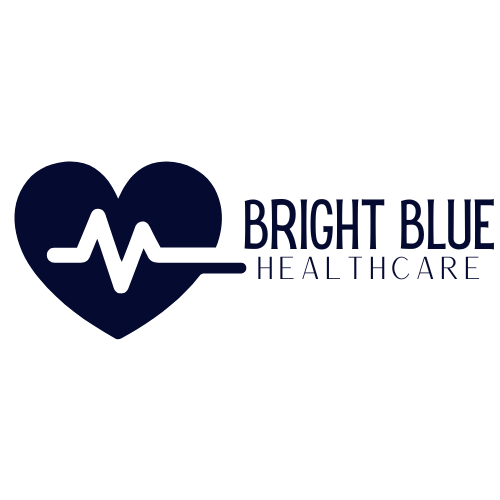As medical professionals, we are entrusted with the health and well-being of our patients. In order to provide the highest quality care, it is essential that we remain knowledgeable and up-to-date with the latest advancements in our field. One of the most effective ways to achieve this is through continuing education. This article will explore the importance of continuing education for medical professionals and experts in the field of healthcare.
Introduction
Continuing education refers to the ongoing learning and professional development that takes place after the completion of basic medical training. It allows healthcare professionals to enhance their skills, update their knowledge, and stay informed about the latest research and best practices. In a constantly evolving field like healthcare, continuing education is not just a choice, but a necessity.
Advancements in Medical Knowledge
The healthcare industry is continuously advancing. New technologies, treatments, and research findings are being discovered at an unprecedented rate. As medical professionals, it is our responsibility to ensure that we are aware of these advancements and are equipped with the knowledge and skills necessary to provide the best possible care to our patients.
By actively participating in continuing education programs, medical professionals can stay current with the latest medical knowledge and evidence-based practices. This enables us to implement innovative treatment methods and deliver the most effective care to our patients. Continuous learning ensures that we remain competent and confident in our ability to diagnose, treat, and manage various medical conditions.
Professional Growth and Career Advancement
Continuing education is not only beneficial for the well-being of our patients, but also for our own professional growth and career advancement. By staying updated with the latest trends in healthcare, we can expand our expertise and develop new skills that can open doors to new opportunities.
Healthcare is a fast-paced and competitive field, and employers often prioritize candidates who demonstrate a commitment to lifelong learning. By showcasing our dedication to continuing education, we can enhance our professional credibility and increase our chances of career advancement. Additionally, continuing education allows us to network with other healthcare professionals, facilitating the exchange of ideas and fostering professional collaboration.
Meeting Regulatory Requirements
In addition to the benefits for professional growth, continuing education is often a requirement for maintaining licensure and meeting regulatory standards. Many governing bodies and certifying organizations mandate a certain number of continuing education credits to be earned within a specified time frame. Failure to meet these requirements may result in the suspension of licensure or the inability to practice.
By actively engaging in continuing education, medical professionals can ensure compliance with regulatory standards and maintain their professional standing within the healthcare community. Moreover, staying updated with the latest guidelines and protocols helps minimize the risk of malpractice and ensures the provision of safe and effective care.
Challenges and Barriers
While continuing education is of paramount importance, there are several challenges and barriers that may hinder medical professionals’ ability to engage in ongoing learning. Time constraints, financial limitations, and limited access to educational resources are common obstacles that many healthcare providers face.
To overcome these challenges, it is crucial for employers and healthcare organizations to recognize the importance of continuing education and provide support to their employees. This can include offering flexible work schedules, providing financial assistance, facilitating access to educational resources, and encouraging participation in conferences, workshops, and online courses.
Conclusion
As medical professionals, our commitment to continuing education is not just about fulfilling regulatory requirements; it is a vital component of providing excellent patient care. By staying updated with the latest advancements in our field, we can enhance our knowledge, improve our skills, and ultimately improve patient outcomes.
Continuing education allows us to grow professionally, expand our expertise, and advance our careers. It ensures that we remain competent and confident in our ability to provide the best possible care to our patients. By acknowledging the challenges surrounding continuing education and working together to overcome them, we can establish a culture of lifelong learning within the healthcare profession. Let us embrace the opportunities for growth and improvement through continuing education, as we strive to make a positive impact on the lives of those we serve.





